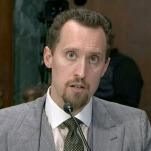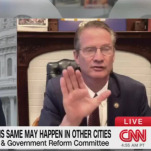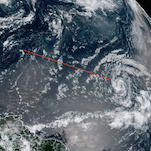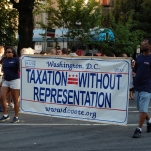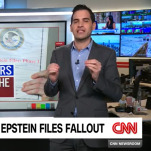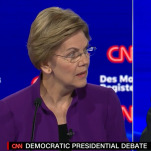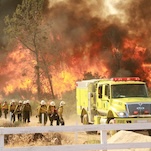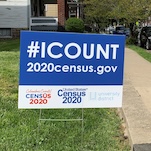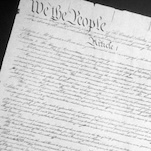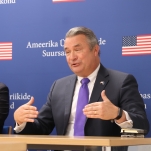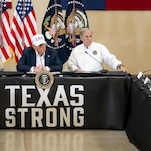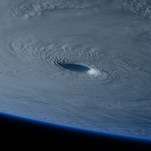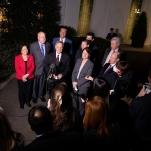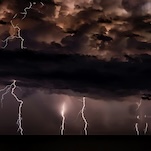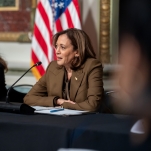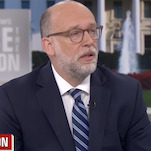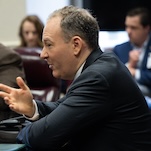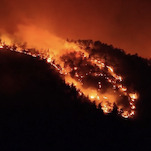Whoa, we might finally get a federal law making revenge porn illegal
In 16 states, if a nude photo of you winds up online without your permission, it is highly likely that there is nothing you can do about it. Even in states where sharing such images online is illegal, in some cases it is only illegal in a few specific circumstances. In 2016, privacy for our most vulnerable, intimate images is still not a right.
The Intimate Privacy Protection Act, introduced on Thursday by Congresswoman Jackie Speier (D-Calif), aims to change that. The bill would make so-called revenge porn illegal at a federal level; those who share non-consensual nude images would face fines and up to five years in prison whether the images were shared by a jilted ex-lover out of spite, or by those seeking to profit from the privacy violation.
This law would go a long way toward stamping out revenge porn once and for all.
In the past three years, huge strides have been made toward ending revenge porn. More than half the states have passed laws criminalizing revenge porn. Reddit, Facebook, Google and Twitter have all recently banned nonconsensual nudes, as well. But the laws that exist are a confusing patchwork of legislation in which many states still offer scant protections for many of the situations in which non-consensual nudes end up online. Arizona’s recently passed law, for example, only criminalizes non-consensual nude images if they were actually shared with the intent of revenge. In Arizona, if those images are propagated, say, by one of the thousands of websites profiting off the distribution of women’s nudes against their will or nursing home staffers Snapchating compromising images of patients just for kicks, victims are left with no legal recourse.
The proposed law would not only provide legal avenues to justice in states without any laws on the books at all, but would make protections much broader by making it illegal to distribute nude images “with reckless disregard for the person’s lack of consent.”
“Across the country, 34 states have adopted their own bans on non-consensual pornography. Some of these laws are carefully crafted, but many have important elements lacking,” Speiers said, introducing the bill via Facebook Live. Some laws, she said, “only punish non-consensual pornography when the perpetrator is motivated by a desire to harass the victim, which leads perpetrators motivated by greed or voyeurism free to commit as many abuses as they want.”
Critics of the law argue that it is overly broad, potentially leading to infringements of First Amendment rights or the prosecution of situations that the law was not intended to prevent.
“When you’re talking about restricting communications, you need to be very narrow when you talk about restricting that right,” said Michael Macleod-Ball, who leads the American Civil Liberties Union federal First Amendment advocacy work. “There has to be some intent of malice.”
Macleod-Ball said that there have been “numerous examples of overzealous prosecutors obsessed with sex” wrongfully pursing prosecution under similar laws, pointing to the Pennsylvania prosecutor who in 2010 charged 10 teens with possessing child pornography for sexting.
-

-

-

-

-

-

-

-

-

-

-

-

-

-

-

-

-

-

-

-

-

-

-

-

-

-

-

-

-

-

-

-

-

-

-

-

-

-

-

-

-

-

-

-

-

-

-

-

-

-

-

-

-

-

-

-

-

-

-

-

-

-

-

-

-

-

-

-

-

-

-

-

-

-

-

-

-

-

-

-

-

-

-

-

-

-

-

-

-

-

-

-

-

-

-

-

-

-

-

-

-

-

-

-

-

-

-

-





















































